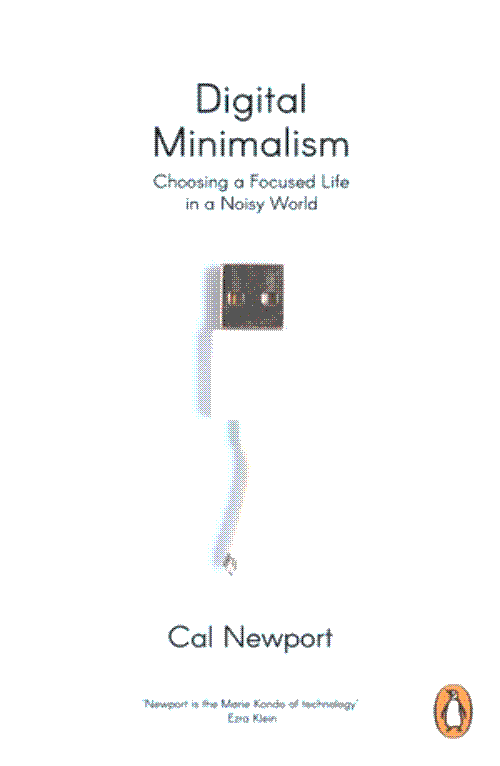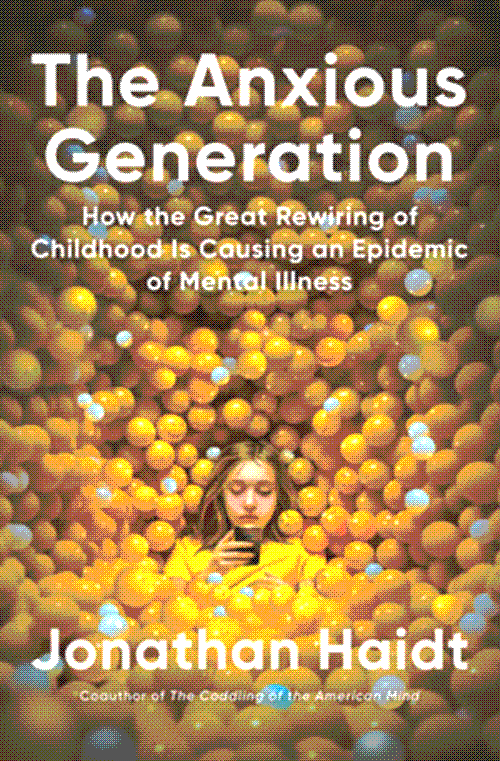Essay
Towards a personal online presence
Introduction
So I suppose everyone is writing a manifesto about their internet experience these days. I'm not sure how much new insights I can provide to the discussion of slow internet, a personalized web experience, or the absolvement of the idea of web3 and the current climate on prominent social media platforms. A lot of the following comes from personal experience, though I do aim to provide sources where I can. The start for me is on my homepage. When in late 2023 the social platforms started having a collective breakdance, I wasn't really a fan of it. It wasn't the main reason for coming to Neocities per se. My biggest irritation has been that, by some sort of unwritten law, I had to break myself into distinct characters with behavior patterns that befitted each specific platform. Tumblr has been my home turf, but going from there to the text-focused snippet site that is Twitter, and have the purely image-based Instagram on the other end, became exhausting.Instragram was the first to go. My profile there was only made in 2021 and purely out of obligation for a study association thing. That I could not -- read: it wasn't really the norm -- post my art alongside personal stuff because this would not make for a smooth presentation on my profile eventually became the reason I made a separate art page, deleted that, and then put my personal on private and logged out of it everywhere and deleted the app. It's stil there, I simply don't use it.
My life has been way less driven to check that app ever since, and I don't feel like I'm missing anything. Same happened with Snapchat. Another reason was that, as an outsider, I witnessed people exhibiting behavior in real life that made me very uncomfortable. A coworker who pulled out her phone at every conceivable moment while on the floor to check on really nothing; a family member at a special-event dinner scrolling through social media while others are talking; the lack of interaction and at the same time invading the spaces of others with media playing unobscured or documenting them without permission.
It was jarring! In particular with the people I was in close contact with. I was worried that this would be my impression onto others. Not that it ever got that far, but prevention is better than curing. I didn't want to be someone you could have around but find no way talk to. So then there was a more conscious approach to how I spend my time online; Something that I can hopefully gather together here.
Minimalism
"Digital Minimalism" is coined in a book of the same title by Cal Newport1. Newport structures the book as both a text with information on the current digital sphere, as well as a guide to break from the traps implemented by some platforms. His method is not as extreme as one might expect with the word minimalist, but still rigorous.I'd been eyeing it for a while at work. It's got a nice cover, I won't deny that, but also because the content was quite interesting. Cal's book is neat if you want more in-depth info behind platform design, algorythms, some psychology and philosphy, but he's very kind to list the steps towards becoming more of a minimalist.
-
Technology Rules
First up there is the need for some groundwork to build from. Cal sets all "new" technology as something to include, but also that this can extend from passive elements (like apps to scroll through), to active tech like video games. As a base rule, he says that all that can be excluded should be optional. Texting is of course a necessity in the current age, but can nontheless be kept to minimal use.
-
30-Day Break
The 30-Day break is something that may seem arbitrary. Why not put it on just a week or two at first? I don't really know. I have to admit that I haven't taken part in this step (yet). It's daunting, yet I think it can really have positive effects on me.
-
Reintroduction
The reintroduction phase is there to get to the part that creates more meaningful use. I can imagine, given the experience I had with removing Instagram, that a 30-day break from multiple platforms can have the same result but much broader. Curious to discuss is how much of a "relapse" can be observed after this declutter period.
I also have a no-disturbance setting from 9PM to 9AM that puts the screen in grayscale and blocks any non-priority notifications that I would still have enabled, such as news and emails. I can still turn this off for a moment if I want to check for any incoming info, but that's already another step added to the process. Overall I think it comes down to minimizing the amount of signals that come out of your phone (or other device). With the current setup I'm totally comfortable in putting my phone away on a table for hours. I may not leave my house with it (yet), but that doesn't seem like such a big step anymore. The one thing I need to tackle is finding an effective way to avoid scrolling when I get bored on commutes and such.
Expression
Personal expression used to be a big deal in online (social) spaces. Creating an online persona is a way of doing that, even if that's not a reflection of one's real-life self. There are certainly arguments to be made for keeping those seperate for the sake of privacy, and so I'm not argueing entirely against having an online persona. The "problem", however, is that overtime this has become something of a template-based endeavor, where aesthetics are collected and thrown away like fast-fashion items. One has to make a persona, a presentation of self, in order to make themselves visible. On platforms that rely on connections through followers and/or friends, this is almost vital.2 - p.128 However, recent devlopments on design have shown that this self-expression is becoming stale. As mentioned with the "template persona", platforms have started to copy and leech off each other. TikTok was up and coming and promptly YouTube created Shorts, Instagram pushed forward Reels, Twitter scrolls to the next video automatically, etc. etc.Platforms have become less about a single, well-focused use for their users, and more about having broad appeal or the latest hot function to reel in as many active users as they can. It leaves little to the imagination that part of the reason is profit.2 - p.132 More users = more people viewing ads = more income. Add to this the possibility for users to make their own profit, and everyone is putting out the same stuff from the user's end. I don't mean to brag when I define as a contrarian in that regard. Trends don't bother me much, or I'm way behind on catching them to get involved if I wanted to. The site you see in front of you looks the way it does because I like the style old Windows PCs used to have. I like pixels! Give me more pixels! Thankfully there are others that like this similar visual style, and I've been able to learn a lot from them in terms of presentation. Yes, I fit in a box there, but it is one I picked myself. What I like and don't like are very clear in my head. Being free from an urge to hop on trends is, both on- and offline, a great state of mind to be in. My workplace has a social media platform that, by necessity, needs to adhere to certain trends in order to remain "visible". What does that mean? Does it mean an algorythm puts it more to the forefront? Are people more inclined to share something when it resembles another? There's been this great little thing like a life-cycle of a meme, where the clear point of decline is when a meme has been picked up by the corporate elements. A similar thing can be said about modes of self-expression; they're fun until they become too much of a business.
Safety
So Twitter (read: X. read: Elon Musk) decided to make the block function no longer a block function. My own blocking practices are very loose and personal; if I don't like your vibe, you'll get a block. In other cases, however, blocking is a serious safety matter. Stalkers are bound to make burner profiles to sneak past a block to simply look at your info and whereabouts. This is the exact thing that Twitter wants to make possible for them despite being blocked. If you had your profile public except for a few bad guys looking to harm you, then you're in bad luck now because they'll be able to view your activity and what you post despite you not wanting them to, for legitimate reasons. The only solution seems to be to go private. Earlier, Twitter threw their 'circles' function out the window (a tool that made a specific post visible to a selected part of your following, similar to Instagram's 'best friends') and now they're going after blocking. With the precedent that sets, not even going private might be safe, but it is a known fact that Twitter gets the most attention and revenue when it is a crazy free-for-all hornet's nest. I at least don't think that Musk will have noble intentions with all these changes. Semi-related: Matt Mulenberg (noted for following a user from Tumblr to Twitter to harass them there) has caused a fiasco by doing a sorta hostile takeover of an WordPress extension he didn't vibe with. A friend working with WordPress website design has told me of the shit that could cause for simply how they can do their job as a company, but pettiness prevails over all in the current age of techbro's showing their true prideful underbelly. It's childish, and I can't be more happy than making my own corner of the internet with the sticks and stones that I got.Severance
"At the end of the day," Uncle Coworker once said to me on a quiet day on the job, "every human being should have the right to disappear completely and without a trace."This was said in a talk that started with the decline in production and sales of physical maps due to mobile gps systems, which turned towards the current state of surveillance and tracking. There are very little places in the world where someone is truly free from being observed. The definition that includes a physical set of eyes is the most positive, for you can return home and close the curtains for privacy (if you live alone). If we include online activity, the possibility for complete severance is minimal. A world without online connection seems impossible, and it is! To hear of someone who has 0 online presence is surprising in the current day. Constant availability is one of them, but the climate also to a degree warrants sharing personal info in order to maintain social relationships. To go weeks without a text or feed update puts a strain on relationships that are had in real life, and that is not how the world used to be. "Text me when you get home!" uses the positive effects of this connectability. We like to make sure our loved ones are safe, and that is possible now. Pushing this to an extreme has people installing trackers, or text-spamming when someone doesn't reply when they need them to. The benefits are great; the downsides largely ignored until recently. The emerging view of kids being online without supervision, while their offline behavior is constantly monitored, is the greatest irony of the decade. Personally, I have been looking in alternatives, sometimes behavioral changes, sometimes other analog devices, that make my life less online yet stil functional by today's standards. Not all cuts can be made as easily. Spotify is very useful when I just like one song by a band and want a little more explorability besides it. But I have been looking at MP3 players to make a sidestep, but so far with limited success. When some artists are pulled offline, I'm glad I have a record player. Picking up unique, indie vinyls at markets is very fun, if a bit expensive if you can otherwise try out a lot of music for what feels like for free. A cassette player would be equally fun, but still has limits compared to modern tech.
I've found out that the TV I have from my grandparents has a build-in DVD player! I don't own much at the moment, but there's a Goodwill nearby that usually has big collections for cheap. I might start a collection once I got room set out for it. Technology should be an addition to our lives to make it easier, not something that is needed in order to feel fullfilled. "Touching grass" as silly as it may sound in online discourse, is legitimately good advice. Taking a step back from the digital world should be encouraged, not seem as something impossible.


